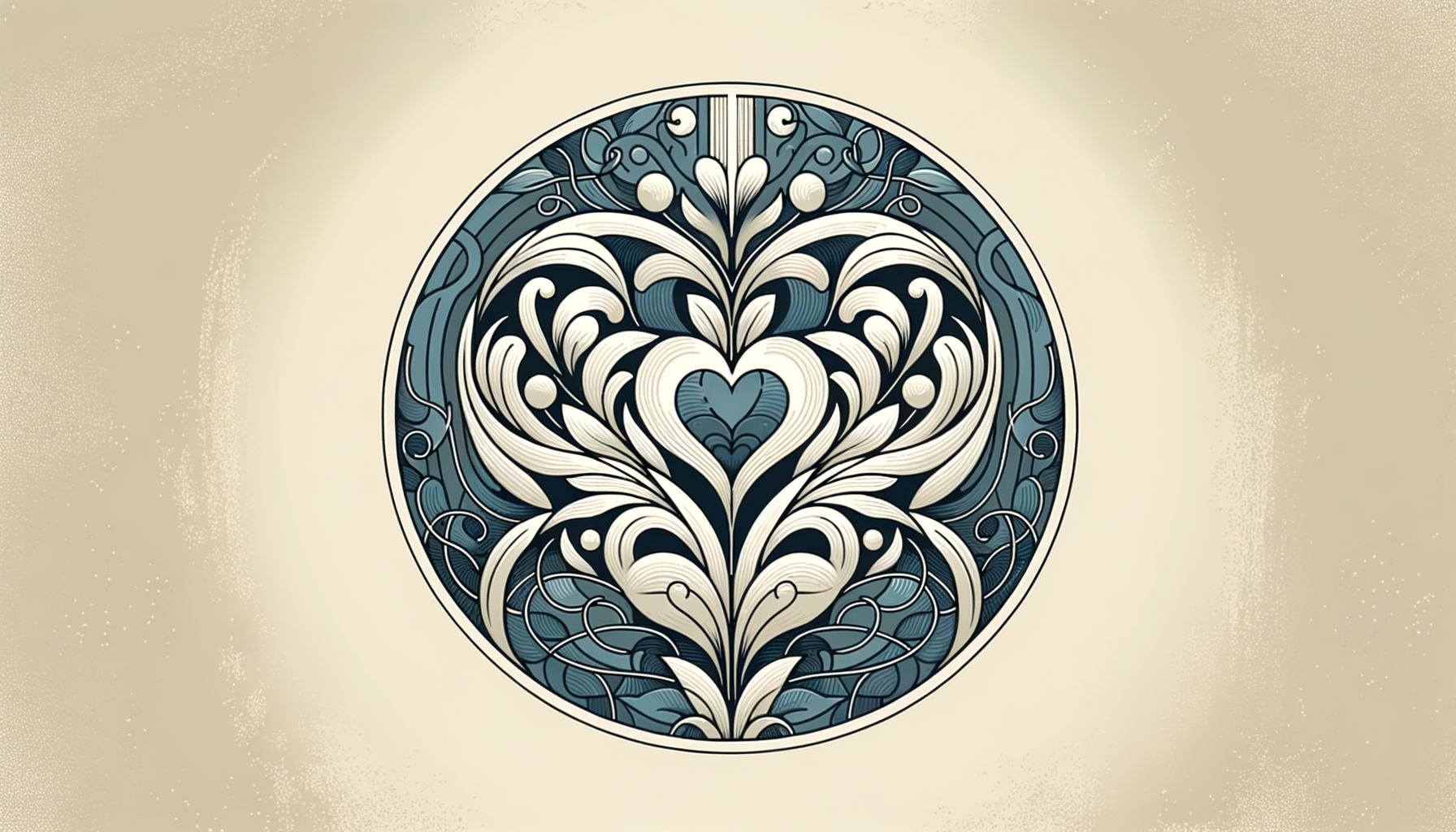“It was like trying to assemble IKEA furniture without an instruction manual—while blindfolded.” That’s how I’d describe writing the hardest piece of my life. And no, it wasn’t my university thesis on W.B. Yeats or that short story about kayaking through Tofino’s tide pools (though let me tell you, imagining a barnacle’s inner narrative is no picnic). This piece? It required emotional scaffolding I didn’t even know how to build.
At first glance, the assignment seemed simple: write about breakups in a personal yet universal way. Simple, right? The problem was, I hadn’t just studied breakups—I’d recently graduated magna cum laude with honors in "How to Blow Up a Five-Year Relationship (and Your Dignity)." The wounds were still fresh, and here I was, holding a pen like a tiny dagger pointed inward. Therapeutic? Maybe eventually. Fun? Not even a little.
A Lesson in Emotional Cardio
Writing about a breakup feels eerily like dragging yourself to the gym during a rainy Vancouver winter—every ounce of you wants to stay curled up under a blanket, warm and safe. But when you start, the catharsis sets in. Each sentence feels like pushing up on that elliptical, pouring out the complexities of love and loss until it feels almost manageable. Key word: almost.
I remember sitting at my kitchen table, staring at the blinking cursor, my tea growing cold beside me. The breakup, though months behind me, was everywhere. In the playlist I couldn’t bring myself to delete. In the drawer stuffed with ticket stubs I was too sentimental to throw away. In the stupid fern we’d bought together—too stubborn to die, too painful to live with. Writing this piece required revisiting all of it: the joy, the fights, the unraveling.
What made it even worse was this underlying fear: What if I sound bitter? Or self-pitying? Or (gasp!) unrelatable? If my readers, halfway through the essay, thought: "Ugh, another sob story. Swipe left."
So, I did what heartbreak veterans everywhere do—I muscled through.
The Art of Controlled Vulnerability
Here’s the tricky thing about writing something personal: you can’t just word-vomit your heartbreak onto the page, no matter how poetic it sounds in your head at 2 a.m. Being vulnerable—while staying readable and, dare I say, helpful—isn’t just hard; it’s a high-stakes Jenga game. Pull too many blocks from the foundation, and the whole thing tumbles over.
What I learned, halfway through draft seventeen (yes, seventeen), was this: vulnerability doesn’t have to mean telling every gory detail of the good, the bad, or the "we broke up because he refused to do the dishes after Tuesday tacos." Sometimes, the most relatable moments are the subtle ones:
- The way you accidentally call someone their pet name weeks after the breakup—the word slipping out like muscle memory.
- The particular brand of self-loathing reserved for realizing you left your favorite hoodie at their place (why is it always the BEST hoodie?).
- That tiny flicker of hope you feel when they text you something meaningless, juxtaposed with the crushing weight of realizing it doesn’t mean what you want it to.
In crafting the piece, I found myself shaving away the melodrama and specificity until the core of the ordeal remained. And what was left wasn’t bitter or pathetic but simply…truthful.
When Writing Feels Like Surfing
I wrote part of the essay while holed up in a cabin in Tofino, the Pacific waves thrumming in the background like an endless heartbeat. Surfing and writing actually have a lot in common—stay with me. At first, both feel like chaos. The water is too fast, the emotions too unruly. The wipeouts are constant, humiliating. You swallow seawater; you delete paragraphs. But if you commit (and let your frustration ebb), you eventually learn to ride.
Just like catching the perfect wave might hinge on subtle foot placement, writing this breakup piece hinged on small tweaks: a reworded phrase here, a stronger connection there. Slowly, my heartbreak became less of a wound and more of a window—into my past, yes, but also into universal truths about human connection.
One night, hands on my keyboard, I had what I can only describe as an “aha!” moment: Breakups are messy, but they’re also beautiful in their own ugly way. Isn’t there something magical about the fact that you once opened yourself to love so big it could hurt? Isn’t the yearning itself proof of your vibrancy?
How to Write About the Tough Stuff
By the time I hit submit, the essay had grown into something bigger than me—a love letter to my former self, the one who thought she couldn’t survive loss but did. For anyone creating—or even just processing—raw emotions, here are a few lessons I learned along the way:
-
Start Small
Don’t try to tackle everything all at once. Write snippets—a vivid detail, a single memory. Never underestimate the power of easing into the deep end. -
Find the Balance Between Personal & Universal
Sure, your ex always sang the wrong verse in karaoke, but zoom out. How did it make you feel? Readers connect more with emotions than oddly specific anecdotes. -
Write Through the Discomfort
The hardest stories often teach us the most. Lean into what makes you squirm, even if it feels unpolished or too honest. (Spoiler: That’s exactly what resonates with readers.) -
Give Yourself Time
During my semester in Melbourne, I heard an old Aussie saying: “She’ll be right, mate.” To me, it translates to: “Things eventually settle—just give it space.” Writing is no exception. Step away, then return with fresh eyes. Inevitably, you’ll see the cracks that need filling.
From Blank Pages to New Beginnings
The essay I finished wasn’t perfect—no piece of writing ever is. But it represented growth. I started it bruised, a little cynical, and ended feeling…lighter. Writing, as painful as it was, taught me how to move forward. It also taught me this: The process of crafting something honest is like taking the sting of a heartbreak and alchemizing it into something softer, even beautiful.
And my editor? She ran the piece with the headline "How to Mourn What Almost Was." It brought in hundreds of comments—words of solidarity and connection from people who had experienced that same exquisite ache of letting go.
So, was it hard? Yes. Excruciating, in fact. But like the best waves and the best heartbreaks, it was utterly, beautifully worth it.




















